Newark in Solidarity with Minneapolis: Hamm Leads Rally for George Floyd, Mayor Baraka at His Side
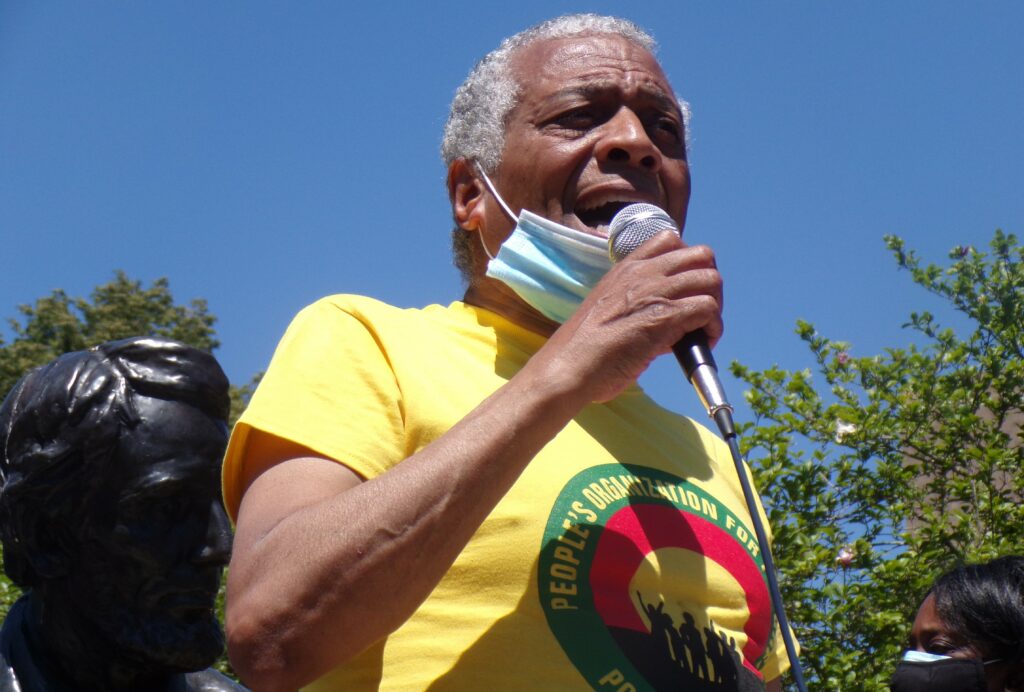
NEWARK - Palpable righteous rage from behind the COVID-19 masks of hundreds filled the streets this afternoon in a battle-scarred New Jersey city, scene of the 1967 uprising spawned by police brutality, channeling westward on this hot Saturday, to Minneapolis, Minnesota - a hard sense of solidarity.
“Brothers and sisters, we can’t be divided,” said Larry Hamm, founder of the People’s Organization for Progress (POP) and a progressive candidate for U.S. Senate. “We’re here today to march for justice for George Floyd.
"We want our people in Minneapolis, Minnesota to know, we hear you in Newark, New Jersey."
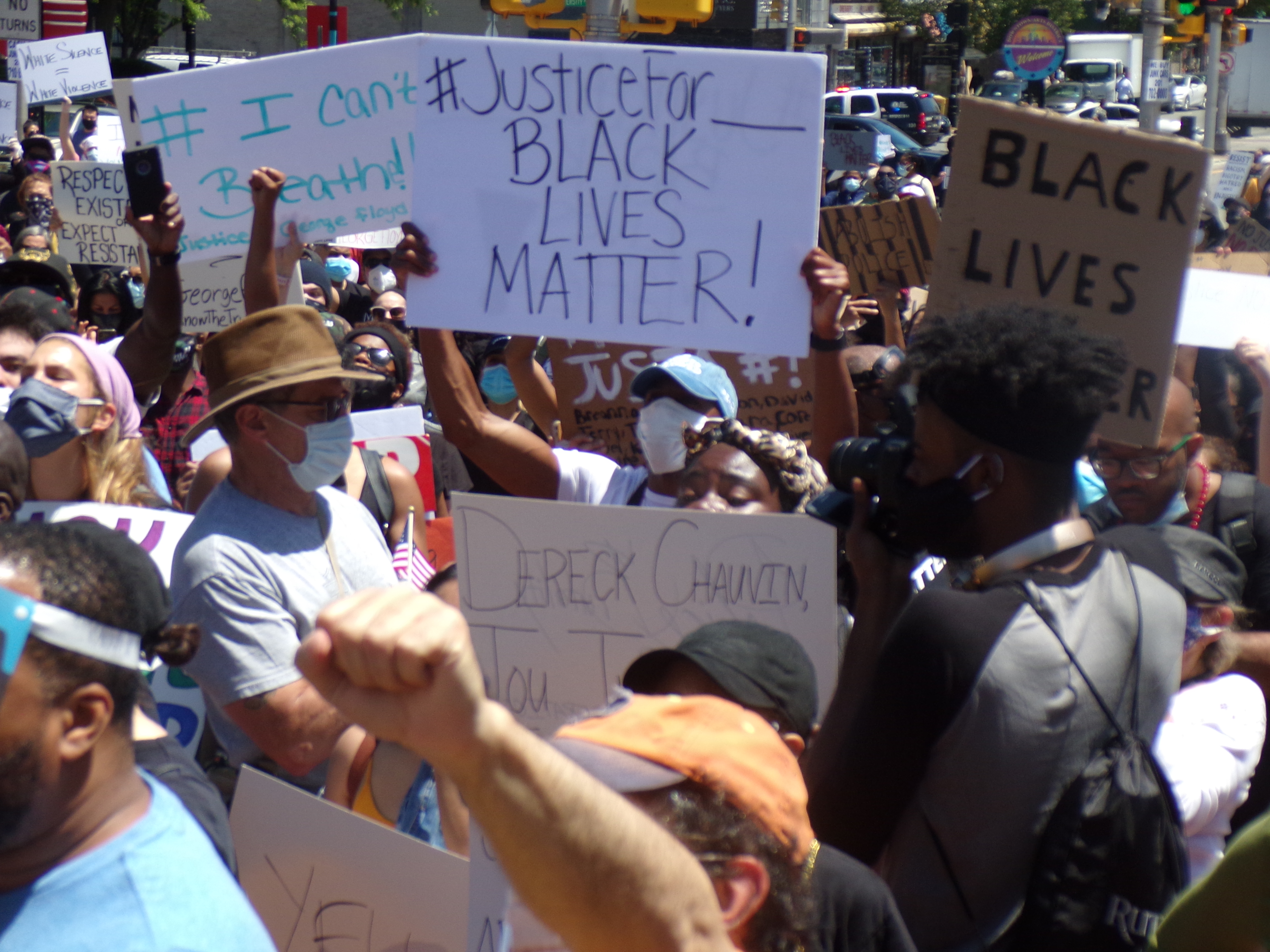
A Minneapolis cop killed Mr. Floyd on May 25th. The cop rested his knee on the back of his victim's neck
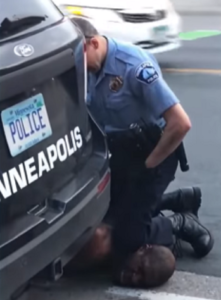
for eight minutes, unheeding Mr. Floyd's gasped entreaty for help.
"I can't breathe," Hamm yelled, quoting the dead man.
The crowd yelled back.
"I can't breathe."
Subsequently fired, arrested and charged with third degree murder and manslaughter, former Officer Derek Chauvin should not be the only policeman who stands trial for the killing of George Floyd, said Hamm. “Arrest them all, and put them all in jail,” said the activist, who forged his lifelong work out of the Newark riots sparked by the police beating of African-American cab driver John Smith.
That is the history here.
Near the Gustav Borglum statue of President Abraham Lincoln where Hamm addressed the crowd stood Mayor Ras Baraka under a mask.
“This is nothing new for the brother,” he had said earlier today in reference to Hamm, on the steps of City Hall, prior to the start of the rally. “Protesting things like this - we have to give people the room to be anger.
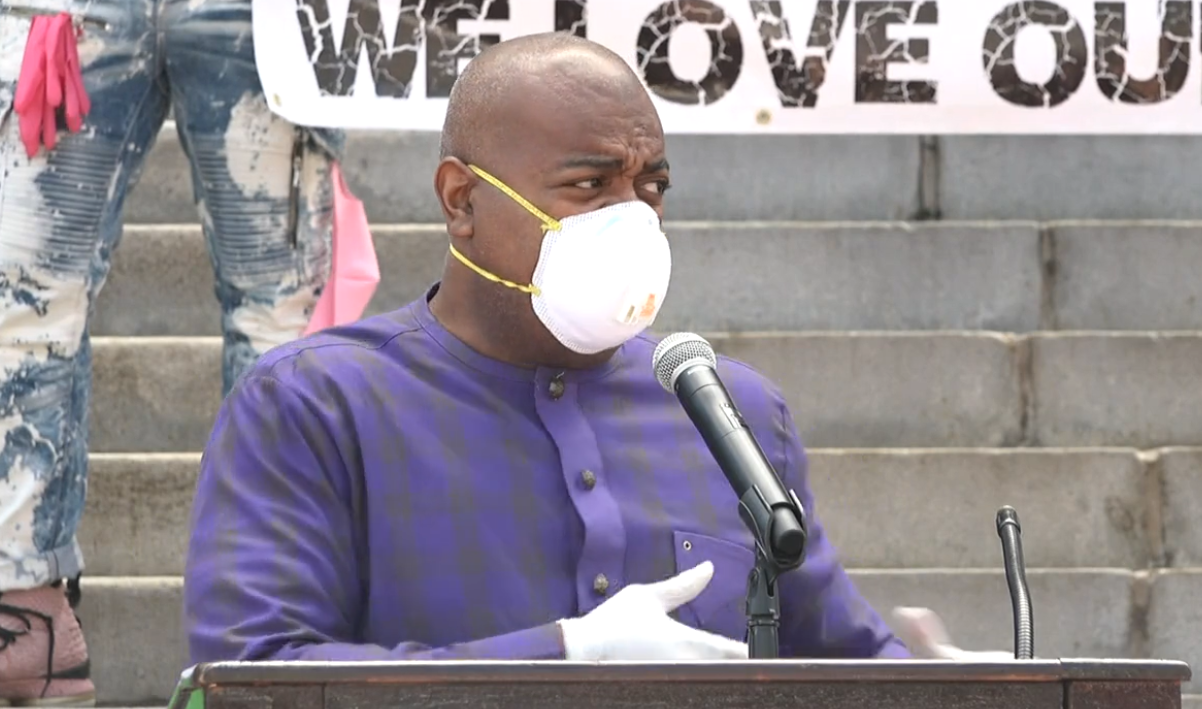
“This is not just about Floyd,” Baraka added. “This is about hundreds of years of lynching, abuse, of segregation of purposeful and deliberate systemic abuse, denial of housing. This arbitrary violence is outraging. Newark has been here before. Newark has been here before. I stood in protest with Larry Hamm as a boy, as a college student. I stood out in the rain with Larry Hamm. I fought for a civilian complaint review board.
“In 1967, Newark went up in flames for four days,” said the mayor. “Dozens of people died. The city was destroyed and we still are trying to recover from that today.”
A child who witnessed the uprising from his front porch, Hamm became more involved in combating police brutality in the early 1970’s after he became associated with the future mayor’s father, the late poet-activist Amira Baraka, who wanted a civilian company review board to oversee the police.
So did decorated African-American Police Officer Jim Nance, another longtime Hamm ally.
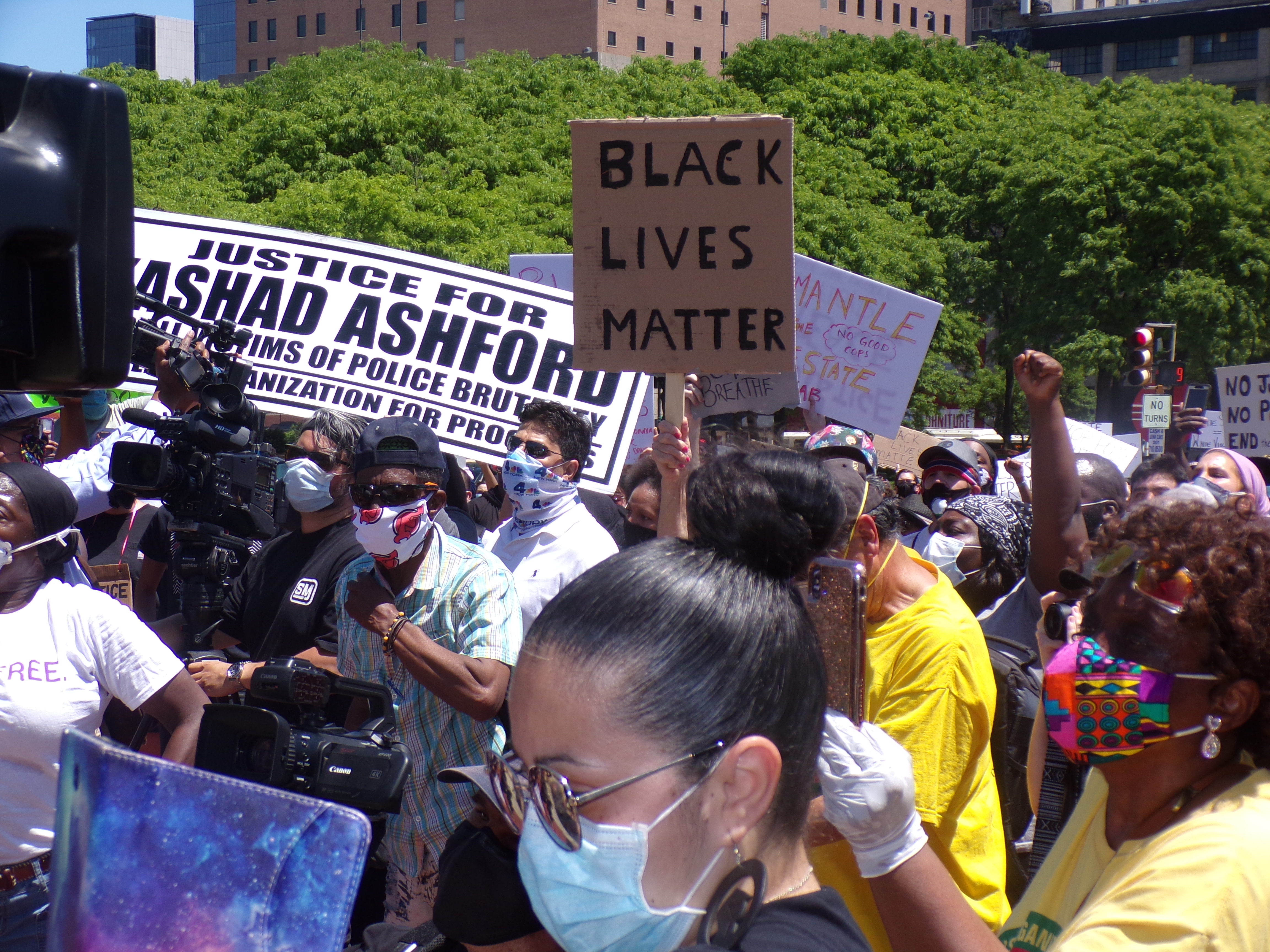
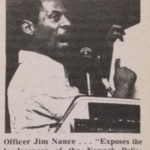
Having founded the People’s Organization for Progress (POP) in the early 1980s, Hamm said the organization at times served as an unofficial processer of civilian complaints about the police, a situation that worsened during the time when Garry McCarthy served as the city’s police director, according to Hamm.
Now Hamm’s running in the July 7th Democratic Primary against U.S. Senator Cory Booker (D-NJ), who picked McCarthy as his police director when he served as mayor. The two men had divergent views on the review board, and they weren’t the only ones who clashed on the subject. Having originally championed the creation of a board in opposition to then-Mayor Sharpe James, Councilwoman Mildred Crump lost her seat, then rejuvenated her local political career – albeit in more subdued fashion - as a member of the 2006 Booker Team.
Baraka agitated during the Booker years, won a South Ward Council seat in 2010, and campaigned on the creation of the review board in 2014.
“His election was absolutely critical," Hamm said of his old friend. “We would probably still be trying to get the board if it weren’t for him. He formed it through executive order, and he deserves credit.”
Baraka experienced significant pushback from the Fraternal Order of Police. A police lieutenant on Facebook likened the mayor to a “gorilla”. A legal battle ensued over Baraka's authority. On June 18, 2019, the Appellate Division of the Superior Court of New Jersey issued an opinion affirming the powers of the Civilian Complaint Review Board (CCRB) in Newark, reversing in part a previous lower court decision.
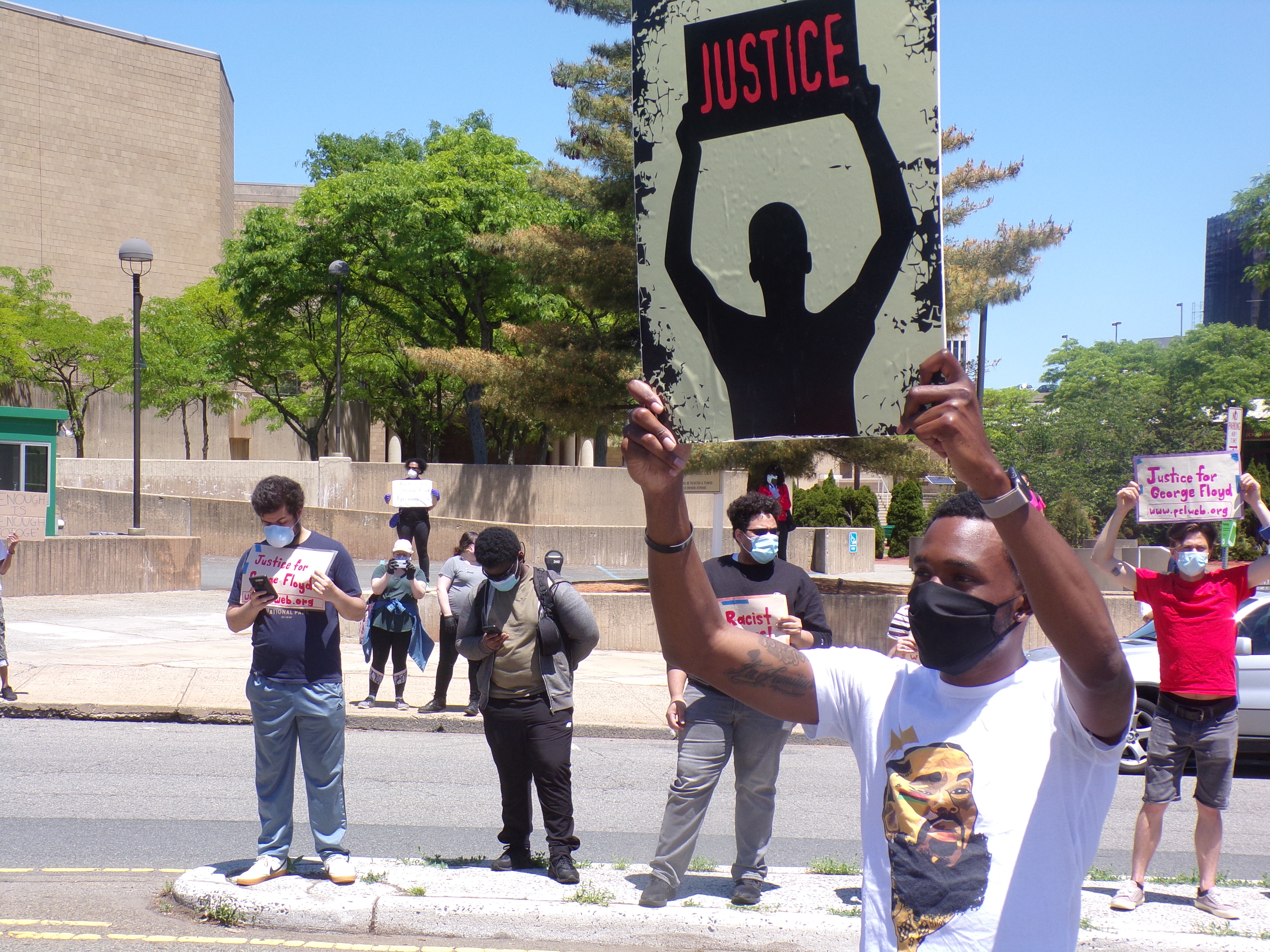
ACLU-NJ Legal Director Jeanne LoCicero issued the following statement at the time:
“For more than 50 years, Newark communities have called for police accountability through a civilian oversight board. In the wake of the DOJ investigation and the court-ordered consent decree, N-CAP and the ACLU-NJ worked with the City of Newark to enact one of the most progressive CCRB laws in the country. This week, the court ruled that the City was empowered to create a CCRB and that the CCRB could function as designed with two exceptions, one regarding confidentiality and another regarding the police chief’s own power to investigate.
"This is a historic victory. Armed with subpoena power and empaneled by community members, Newark’s Civilian Complaint Review Board will be able to make police accountability a reality for New Jersey’s largest city.
"With Newark’s unequivocal right to investigate its police department now cemented and reinforced by the court, the city’s CCRB provides an example – for every municipality in New Jersey and around the nation – of how to restore power in communities that bear the brunt of an unjust system at the hands of law enforcement.”
But it’s not over, Hamm said.
The police have taken the case to the state Supreme Court.
"The City of Newark Law Department is spending money to fight in the Supreme Court of New Jersey to uphold our CCRB [Civilian Complain Review Board]," Baraka said. "Why? Because we are still atoning for our sins in 1967."
“Needless to say,” Hamm said, “the police don’t want civilian oversight. The police are so powerful in America. That’s why you saw the arrogance in that officer who killed George Floyd, posing on that man like a white guy on Safari in Africa. Because they operate with impunity. We must have national oversight in every town and village of this country. We need it, as a guardrail against total fascism. The National Fraternal Order of Police backed [Donald] Trump, and in return for their support he made Jeff Sessions attorney general."
In his 2013 State of the City Speech (his last), Booker, for his part, "called for" the creation of a civilian complaint review board, according to The Herald News, but, says Hamm, did not advance the cause as mayor.
Ultimately, “Newark did not put itself in enlightened position,” Hamm added. “The people put Newark in an enlightened position, going way back before the riots in the early sixties, when [Councilman] Irvine Turner first spoke about it.”
Last month, Officer Jim Nance, one of the city's most decorated officers and an advocate for the review board to fight police brutality, died.
"He was going to make a donation to my campaign," Hamm said with a laugh.
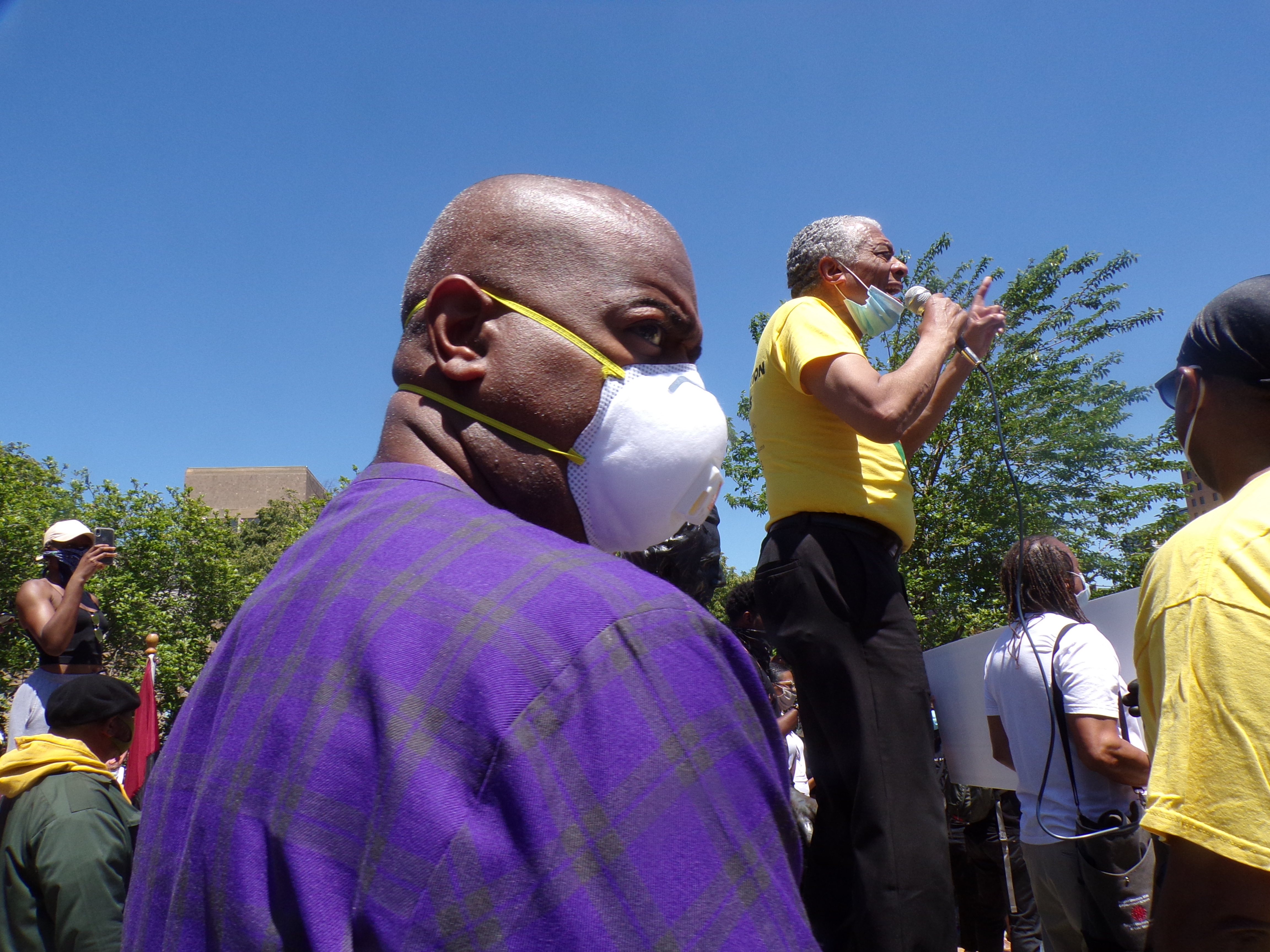
From Newark to Minneapolis - a message in the aftermath of the killing of George Floyd, from two men with deep, intertwined roots in the troubles, one the former bullhorn poet turned politically connected mayor with a history, the other the unreconstructed rebel running a senate campaign few give a chance to succeed against Booker, who incidentally has the formal backing of Baraka.
Both know the solution runs deeper than a review board.
Minneapolis has a review board.
It didn't stop this death.
It won't stop the next.
It will not cease the march of those names of the dead.
But Hamm and Baraka today, if somewhat wearily, consistently reasserted their common struggle.
Standing on the steps of Newark City Hall, "The city went up in smoke some," Baraka said. "Fifty years
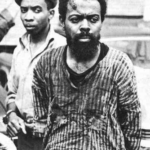
later the city is still under a consent degree because some of our officers systemically created an environment where African Americans were beaing beatten and oppressed.
"We have come a long way fighting those things in our city," the mayor added. "We have come a long way in apologizing and atoning for the sins of our city.
"We are still trying to atone for 1967, and we are trying to make our city a community. In that light we have to speak against the barbaric and inhumane outright sickness that took place in Minneapolis, Minnesota. It is our job to do so. We don't have a right to walk around like everything is okay. ...My father [who died in 2014] was beaten by a white police offficer - a classmate of his from Barringer."
With a bitter, hard sense of the fight as he reflected on the nightmare in Minneapolis - the ongoing outspilling of buried rage as Hamm jogged up the steps to stand at his side prior to the start of the rally - Baraka said, "Newark has been here before."






